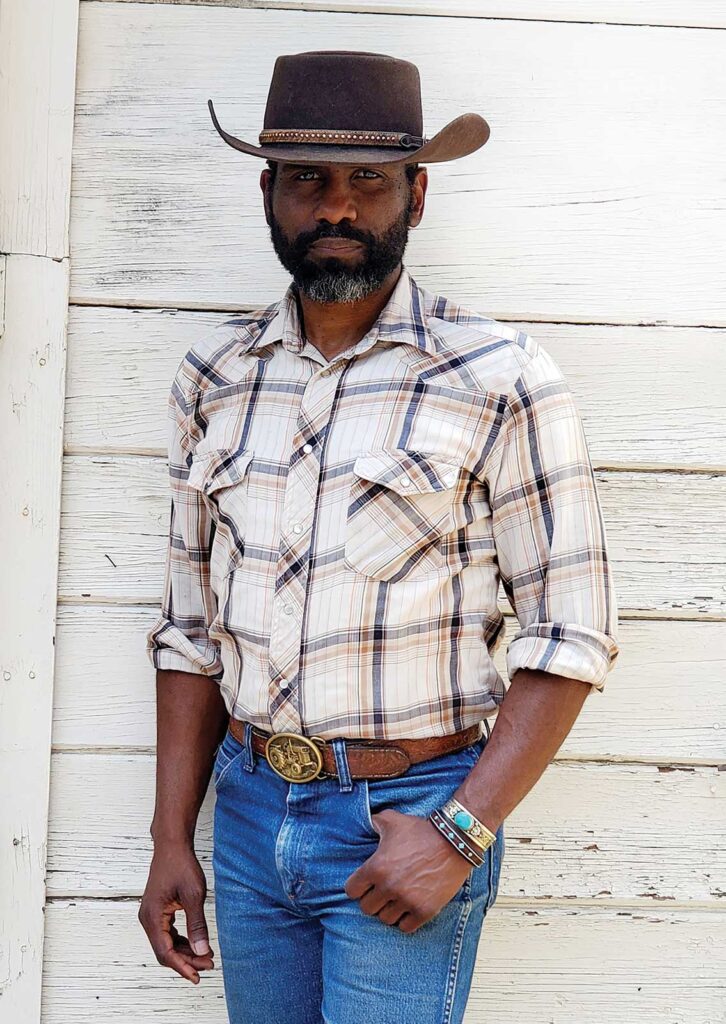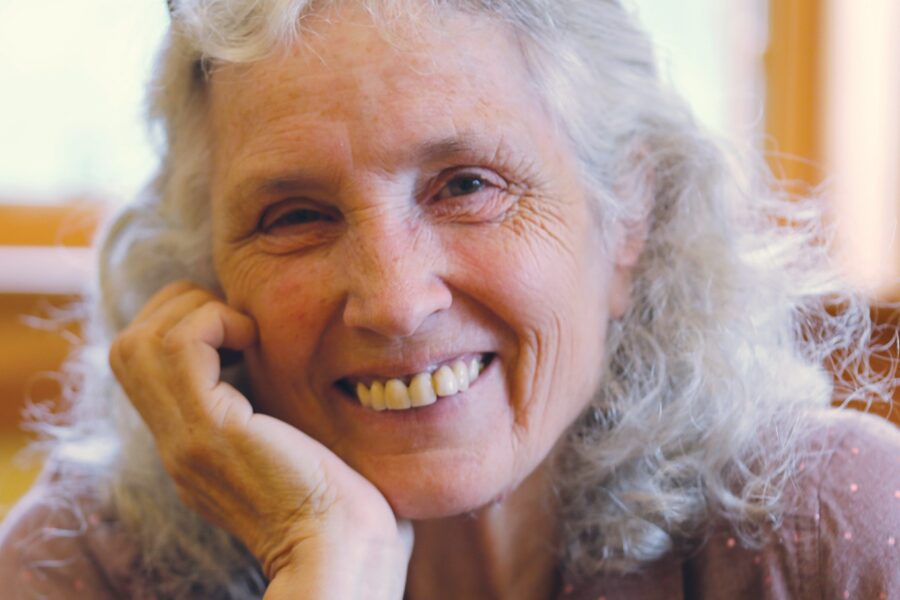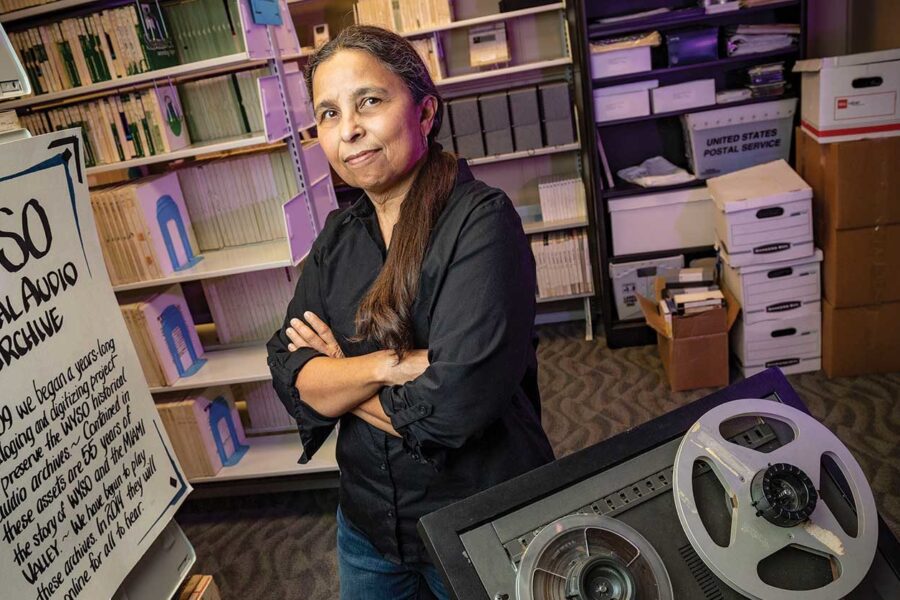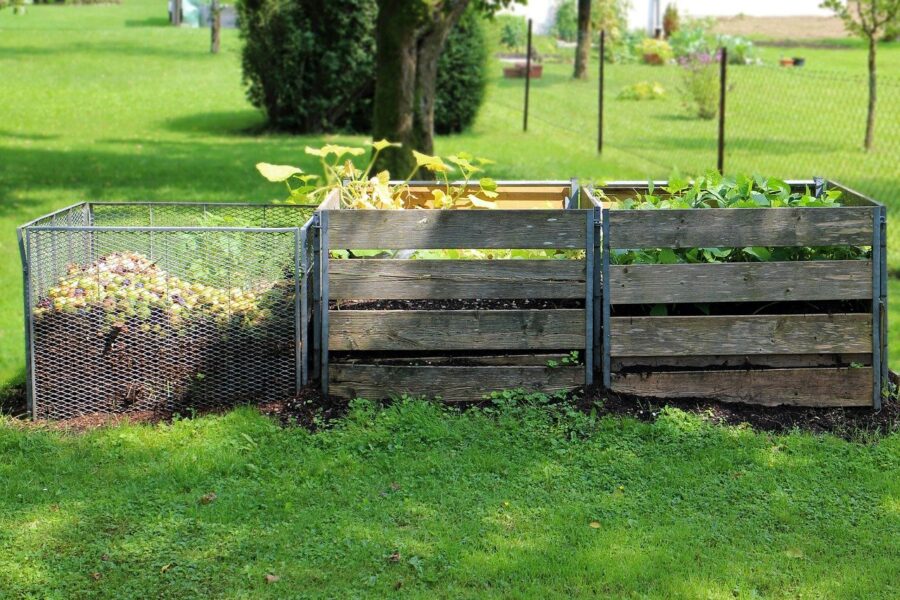Big systems have momentum that can be hard to shift.

Take it from Hop Hopkins (Antioch Los Angeles, MA in Urban Sustainability Candidate) who as the Director of Organizational Transformation and Interim Executive Steering Committee member at the Sierra Club has spent the last five years working to decarbonize the world economy and at the same time to make sure that his organization centers “those who are first and worst impacted by environmental degradation and climate change.”
Explains Hopkins, “The Sierra Club has been on a journey to transition itself to being an organization that centers equity,
inclusion, and justice, [and] I’ve been deeply involved in that work.”
Of course, it hasn’t always been easy to get the 128-year-old Sierra Club—the largest environmental organization in the world—to emphasize inclusion, tread cautiously around power imbalances, and act in a proactively anti-racist way. “It hasn’t been without hazard, or pain, or injury,” he says, adding that this has been felt “on both sides, I’m sure.” But it’s necessary work. Hopkins doesn’t think that there’s any hope of addressing climate change and environmental degradation if we don’t also reckon with the racism and chauvinism that together have made possible the environmental catastrophes of the 20th and 21st centuries.
The environmental movement has long been dominated by white voices. As recently as 2014, white people held 99.1% of presidential roles in conservation and preservation organizations, according to a report by the organization Green 2.0. This has created giant lacunae for the environmental movement. “The crimes may be hiding in plain sight, but many white people are socialized to ignore how these systems of violence and inequality show up in our society. When it comes to racism, many white people are like fish swimming in water: White supremacy is so pervasive that it’s hard to even know that it’s there,” writes Hopkins, who is Black, in his recent essay, “Racism Is Killing the Planet.”
The silence of environmental organizations around impacts on communities of color often amounts to a sort of complicity. “By focusing their extraction and pollution on Black communities and working-class families, big polluters have bought the silence and collusion of white Americans,” Hopkins writes. But he argues that this failure to act in solidarity is ultimately self-defeating. “Let’s be real,” he writes. “White privilege offers no escape from climate chaos. Nobody reading this is going to get a spot on the SpaceX shuttle to Mars (if you think so, that’s white supremacy messing with your head). Earth is the only planet we get.”
The essay, which ran in the Sierra Club’s magazine Sierra in June and was featured in August in a video by The YEARS Project, captures the way that Hopkins’ work around conservation and the environment has met and fused with his racial justice and environmental justice and climate work. He says that “with my experience in both of those worlds, I feel like I came into the Sierra Club at just the right time to be able to put those two things together.”
Changing the Field
Hopkins has been honing writing like “Racism Is Killing the Planet”—along with his skills as a scientist and researcher—at Antioch Los Angeles’ MA in Urban Sustainability program, where he is the Climate Justice Fellow. The role has him studying for his master’s degree and at the same time teaching a seminar on leadership, helping with a curriculum review, advising on the program’s race and equity agenda, supporting residencies, helping with recruitment and outreach, and appearing as a guest speaker for other professors in the program, among other duties.
He came to the program to get more professional training and experience teaching, but also, he explains, because he “wanted to have some positive impact on the field, to meet with other people who were in similar places or just beginning their career, and to be able to share my professional and organizational experience with them in order to help change the field.”
According to Program Chair Dr. Adonia Lugo, Hopkins is succeeding in this goal. “For years, Hop has been at the forefront of challenging the environmental movement to grow beyond its whiteness,” she says. “As our Climate Justice Fellow, he is bringing this experience into the teaching and learning of the MA in Urban Sustainability.”
Many Sites of Struggle
Hopkins—who lives on an urban homestead in Los Angeles with his wife, two children, pet Australian shepherds, chickens, honey bees, fruit trees, and multiple compost piles—is staying busy but also deeply engaged. “There’s not a chance for moss to grow on me,” he says. “I’m moving and grooving all the time.”
On May 25, he published an essay titled “Black Americans 2.6 Times More Likely to Die From COVID-19” that reckons with the way preexisting disparities in health, access to medicine, and environmental factors have been cast in stark relief by the virus. That very day, George Floyd was murdered in Minneapolis, touching off months of demonstrations across the country. Hopkins has stepped into the moment as an expert and a leader, speaking out and continuing to publish new essays.
Says Lugo, “Now Hop is one of the leading voices articulating how centuries of violence against Black bodies have led to the dual crises of COVID and racist policing.”
Hop sees the work as all connected, all part of the same project. “I think that we should be looking at all the sectors as sites of struggle: the academic world, our personal relationships, our professional relationships inside the environmental movement, inside the organizations we work in. I think that the moment calls for us to examine and see all those as potential sites of struggle for justice and equity.”
In his work with the Sierra Club, in his writing, and also as Climate Justice Fellow at Antioch, Hopkins is carrying the struggle forward—and making real, necessary change.




